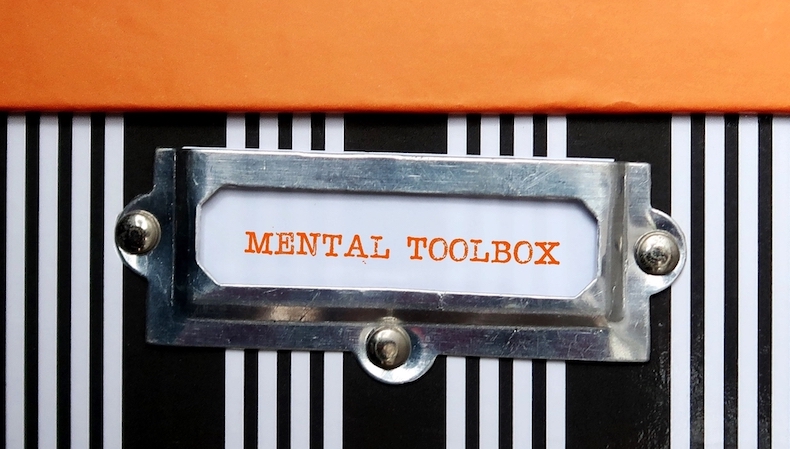Practical early intervention tips for employee mental health
According to the charity Mind, one in four people a year will have some sort of mental health problem, while each week 45.8 million adults report symptoms of conditions like anxiety or depression.
This has led to a growing demand for care services. In 2023, five million referrals were made to mental health services in England alone.
The NHS reports the longest waiting lists for referrals to adult community health services, with more than 1.8 million people waiting to access services.
As employers increasingly turn to group private medical insurance (PMI), it’s therefore important that insurers not only find ways of managing increased demand, but also offer appropriate support to improve staff mental wellbeing in the long-term.
An holistic approach
In recent years, the role of private medical insurance has evolved and expanded, with a much greater emphasis on everyday healthcare benefits.
Primary care services such as virtual GPs, talking therapies and physiotherapy – all of which have seen a big increase in use – now sit in the workplace alongside more traditional private hospital diagnostics and treatment for major conditions.
This means that group PMI schemes can increasingly deliver a more holistic approach to healthcare, including mental wellbeing.
More so than ever, focus is turning to preventing illness, by helping people to improve their physical and mental health, as well as intervening earlier, before treatment is needed.
As a result, employee mental health support is no longer just confined to EAPs, or just private hospital treatment, and care for more sever psychiatric conditions through group PMI offerings, but through offering access to tools to treat symptoms sooner.
Improving lifestyle behaviour
The link between employee physical and mental health is well known, so any effective mental health strategy must start by addressing someone’s overall wellbeing.
This is about helping employees improve their baseline health, including what they eat, how much sleep they’re getting and how frequently they exercise, all of which can have a big impact on mental wellbeing.
Moving more – the theme of this year’s Mental Health Awareness Week – is especially important, as is diet.
As little as 30 minutes physical activity a day can bring down the risk of depression by more than 40%, while Vitality claims a 17% reduction in future psychiatric risk for members who recorded at least two active days per week.
There’s also a large body of research suggesting that a diet high in fruit and vegetables, or following a Mediterranean-style diet, can have a positive impact on mental health.
Making healthier lifestyle choices isn’t always easy, even though, as humans, we know this is good for us.
This is why a behaviour change programme of incentives and rewards, that sit alongside PMI cover, can be especially effective when it comes to helping employees stay healthy and encouraging greater levels of productivity.
For example, 87% of Vitality members reach their recommended weekly exercise guidelines, compared with 61% of the population. After one year, members increased their consumption of fruit and veg by 11%.
Meanwhile, tools like Headspace – a partner which is incentivised by rewarding members with weekly Vitality Points – make it easier for employees to manage their mental wellbeing through activities like mindfulness and meditation, which can help them feel happier at work.
Intervening earlier
Of course, helping staff manage their mental health is about more than just driving positive behaviour change.
When symptoms of stress, anxiety or depression manifest themselves, it’s important to intervene as quickly as possible with the right care.
There is strong evidence that timely, early access to talking therapies such as counselling or cognitive behavioural therapy (CBT), can be effective in delivering positive results and reducing the need for more intensive treatment.
Evidence shows 99% of those who go through talking therapies require no further mental health treatment within the following three months, while there’s also a 21% reduction in mental health hospitalisation risk.
At a time when more people are struggling with their mental health and with healthcare services under strain, a more holistic approach to mental wellbeing at every step has never been more needed.
There is clear evidence that this approach not only helps to deliver better patient outcomes, but also sustainably manage demand, by supporting people to be healthier, happier lives at work, alongside access to treatment when they need us most.
Supplied by REBA Associate Member, Vitality
At Vitality, we take a unique approach to insurance. As well as providing high-quality comprehensive cover, we provide a complete wellness package that can help boost employee engagement and productivity.








